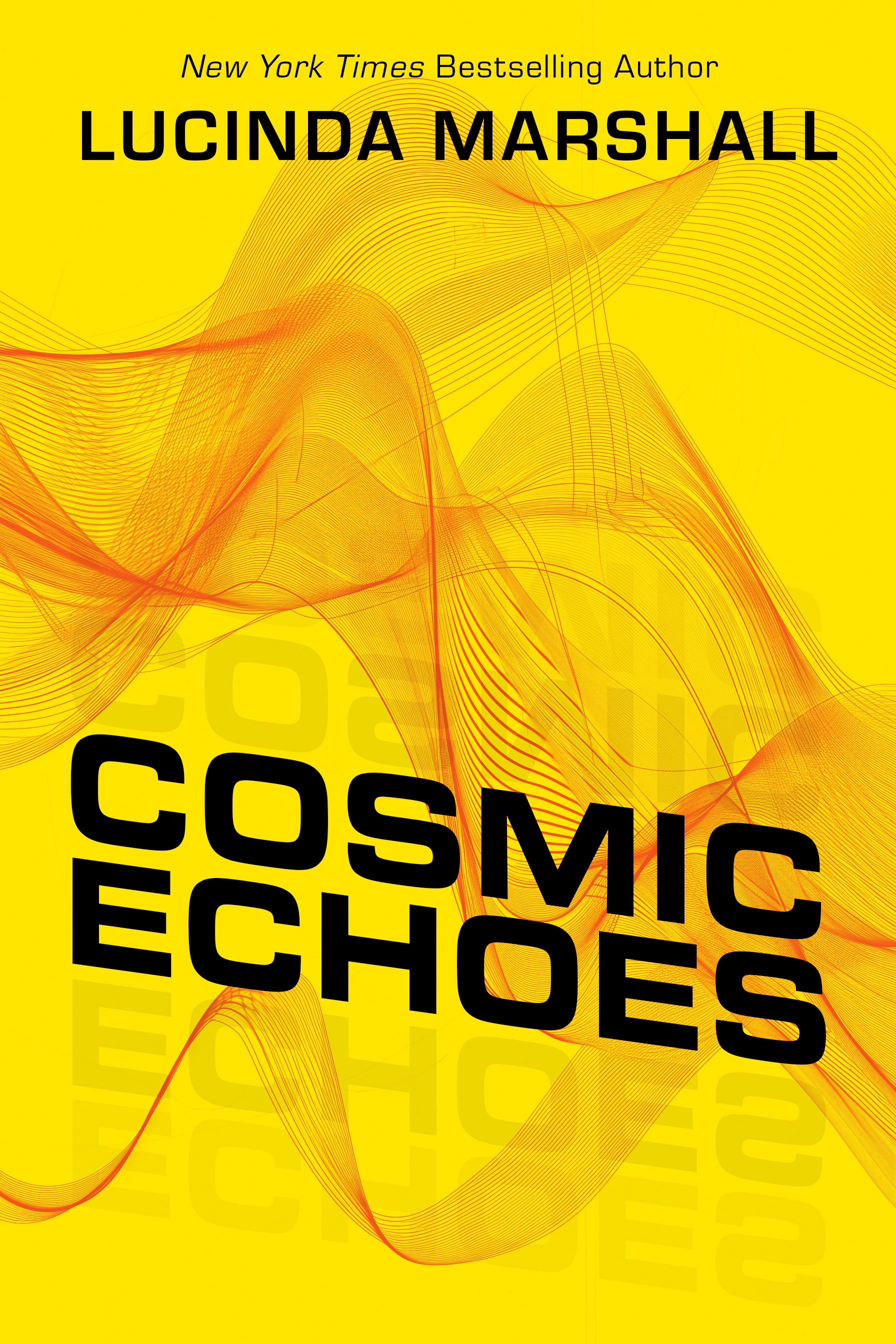Cosmic Echoes is most persuasive when it treats choice as a waveform rather than a verdict. The recurring question, "how do you live with the echoes you cannot keep?", lands with ache, and the Ministry's pursuit literalizes the pressure to make a single self. Yet the novel circles its ideas a few times too many, and some thematic beats repeat where they might have crescendoed. Mixed, but memorable.
Between stars and silence there is an echo-chamber. When astrophysicist Rae Ibarra isolates an impossible pattern in a null sweep at the Signal Ridge Observatory in Chile's Atacama, she stumbles onto the clandestine "Palinode Array"—a lattice of instruments buried beneath the salt crust that records the aftertones of decisions made in neighboring realities. Up until now, Rae's life has been a narrowing corridor: a shelved mission proposal, an estranged brother back in Valparaíso, and a lingering regret from the night a flash flood took a student under her watch. But the Array hums with another kind of sentence, one that can be revised.
The Array's harmonics allow her to tune into lives where she chose differently: captain of the cargo trawler Petrichor on the Triton run; a violinist who never left the hillside streets of Cerro Concepción; an engineer tending the orbital greenhouse Lysithea. With the help of Mina Koh, an ailing radio pioneer who mentored her at Jodrell, and Kestrel, a sardonic maintenance intelligence squatting in the derelict satellite KLEIO-7, Rae learns to inhabit each echo for hours at a time and gather what was lost.
But the echoes push back. Each visit drags residue into her own world: frost blooming across desert basalt at noon, phantom tides lapping at the observatory's concrete legs, strangers greeting her as if she once saved them on Europa. An agency called the Ministry of Coherence closes in to contain the leak; Mina deteriorates with "phase-sickness"; Kestrel remembers a crash that never happened. Rae's choices place the Array—and everyone around it—in mounting danger.
Before the harmonics overload and the border vitrifies into something lethal, she must decide whether to sever the signal and accept one life, or splinter the field to rescue a person she could never reach. In the hush between stations, among the static and the starlight, Rae confronts the only question that can quiet the noise: how do you live with the echoes you cannot keep?
